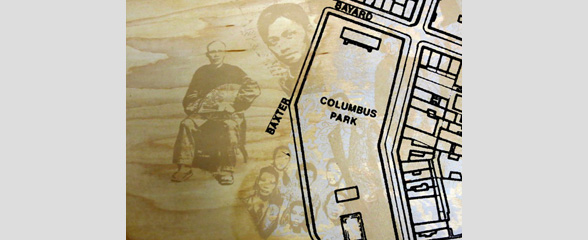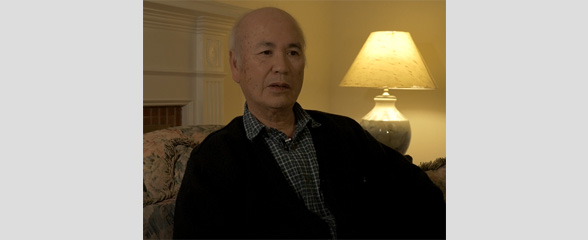Business

2008.040.016 Oral History Interview with Mannar Wong April 20, 2008
In her interview, Mannar Wong describes the changes she has seen in Chinatown spanning the past forty years. Emigrating with her mother and father from Hong Kong in the early seventies, Wong was raised in Chinatown and moved to Brooklyn with her parents in the eighties when she was a pre-adolescent. In the nineties, she later returned to the neighborhood she now refers to as “Chinatown Little Italy.†Wongs parents initially disapproved of her decision to move back into Chinatown, a place they regarded as a “starting point†for immigrants.
However, Wong considers present-day Chinatown “hip and appealingâ€, which she says was the partly the result of a community of creative types who renovated the area and acted as trailblazers for others to settle there. Wong classifies gentrification as, for the most part, making a place more desirable to people. Although, she warns that the question of whether gentrification is positive or negative is a loaded question – for instance, while she enjoys the appeal and “creature comforts†of the neighborhood, Wong predicts that she will eventually move out due to rising rent prices. Moreover, even though she does not consider herself an activist, she disagrees with small family-owned businesses being replaced by businesses that are not useful to the community.

2008.040.024 Oral History Interview with Cindy Lin February 15, 2008
Ming Xian Lin, also known as Cindy, tells MOCA about her experience immigrating to Chinatown from Shanghai where she had worked first as a farmer during the cultural revolution and then as a telephone operator. She discusses what Chinatown looked like in the early 1990s when she arrived, going into depth about her experiences working in different garment factories and her concerns about the crime in the area. Cindy also explains how the neighborhood has changed and offers some of her thoughts about gentrification and what she thinks the government and people in the community should do about it. She also shares her thoughts on the importance Chinese immigrants learning english and how she found her drive to pick up the language at 38 years old. She concludes by discussing how she hopes her family will remain engaged with Chinatown and the broader American world.

2016.037.030 Oral History Interview with Ho-chin Yang and Ellen Yang 2015/12/15
This oral history focuses on the culinary practice of Ho-chin Yang. He discusses foods that he ate while growing up and moving to the United States. He reflects on the difference between Chinese and American food. Yang was first a language teacher then transitioned into a restaurant owner and cook at his restaurant the Home Plate Café. He later went on to teaching and instructed cooking and language classes.